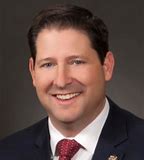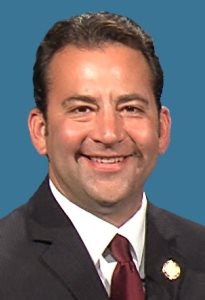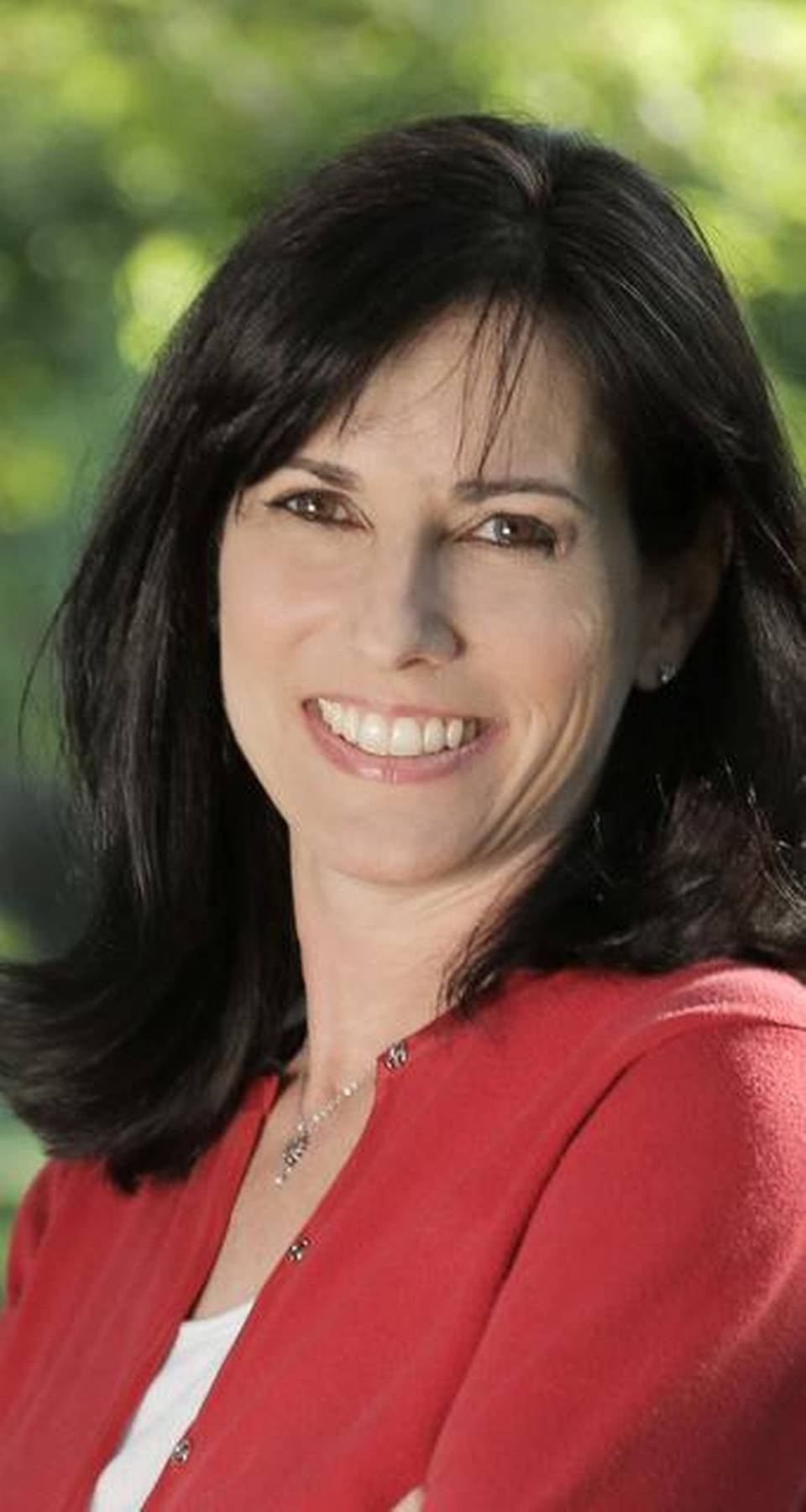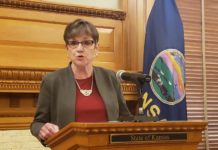Less than a day after the Kansas Supreme Court ordered the state to put maybe as much $400 million more into schools, leading lawmakers were already grappling with how the state can afford to pick up the tab.
“This last decision is putting us on shaky ground,” House Speaker Ron Ryckman Jr. said in an interview on Tuesday. “It’s a zero-sum game. There’s only so much taxpayer money.”

Early estimates have indicated that the state could have to add between $250 million and $400 million to the $522 million already allocated this year for schools over the next five years.
Ryckman said the court is ordering the state to account for inflation in the cost of providing education but not for any other state agency that provides key taxpayer services. Tax rates, for instance, are not set based on inflation, he said.
“We’re going to have a hard time making the budget balance three years out without adding another $400 million or $500 million,” Ryckman said.
Ryckman said the state spent more money in the upcoming fiscal year on mental health, corrections, early childhood programs and transportation.
“We just invested in those areas and we want to see the fruits of those investments and not have to take them back,” he said.
Plus, he added, the Legislature is expected to start work on a new multi-year transportation program that will require funding as well.
Ryckman said the state could not afford an extra $100 million a year for education and still make its retirement system payment without a tax increase.
State Rep. Melissa Rooker, a leading advocate for education in the Legislature, believes the state can afford to meet the obligation set out by the Supreme Court.
“We have heard that same tired refrain from leadership all along,” Rooker said. “At every juncture, the leaders who don’t want to fund schools properly would prefer to change the Constitution rather than actually abide by it.”
Rooker was referring to calls for a constitutional amendment that would limit the Supreme Court’s ability to decide education-funding cases.
Ryckman and a number of other leading legislators have been calling for a constitutional amendment on schools in recent months but have been short of the required two-thirds majority required for passage.
Demand for a constitutional amendment has been bouncing around in press releases and social media since the court handed down it’s opinion Monday afternoon.
Tired by years of litigation, some lawmakers want to restrict the high court’s ability to decide education funding because they believe the Legislature has the constitutional authority to make spending decisions.
They believe the issue should be turned over to the voters, who must ratify any constitutional amendment that’s approved by two-thirds of the Legislature.
Even Attorney General Derek Schmidt, in responding to the court’s decision Monday, suggested that it’s time for a constitutional amendment to be put to the voters.
“The litigation continues,” Ryckman said. “When does it end and what number’s enough?”
The conservative coalition of lawmakers known as the Truth Caucus issued a statement on Tuesday calling in for a constitutional amendment.
It blamed the state’s stagnant economy on spending millions on education coupled with tax increases approved in 2017.
“All this has proven is that for many, there will never be enough money,” the coalition said of the court’s decision. “The people of Kansas can simply not afford yet another round of more spending and tax increases.”
Republican state Rep. Troy Waymaster, chair of the budget-writing House Ways and Means Committee, said the state can’t afford the extra dollars ordered by the court.

“We put $500 million in over five years and it still wasn’t sufficient,” Waymaster said. “There are still a lot of things that we still need to fix with the state budget and once again it’s going to be dominated by K-12 education funding next year.”
There may be alternatives for raising money, possibly either by approving sports wagering or taxing internet sales. But both issues can be complicated and will likely not be an easy lift.
Rooker questioned why sports wagering might not be an option, given that so many states are expected to legalize it following a U.S. Supreme Court decision that gave state’s the authority to decide the issue.

“Why not entertain sports betting in Kansas?” Rooker asked. “People will be gambling on sporting events outside of Nevada very soon. We might as well in Kansas allow that to capture some of that revenue.”
What unfolds during next legislative session – whether there are enough votes for more school funding, a constitutional amendment or even sports betting – will largely be determined by the outcome of this year’s elections for the Kansas House.
It’s a point that’s underscored by the fact that the House and the Senate passed this year’s education finance bill with the bare minimum number of votes
“Who knows what the Legislature looks like come January,” said Republican state Rep. Fred Patton, chair of the House K-12 Budget Committee. “We just barely got this by.”
For instance, there are about a dozen or so moderate House members who are facing opposition from conservative challengers, said House Majority Leader Don Hineman.
School finance will “be part of the discussion in practically every race from now until November,” Hineman said.
Hineman also noted that there are 14 other House seats where the incumbent is not seeking re-election this year.
“There’s a lot of open seats,” he said. “That will be very interesting to watch, too.”
The court’s decision effectively makes this election season pivotal for deciding the education fight, which for the current lawsuit has spanned eight years.
Compliance with the court’s order now rests with the lawmakers – and new governor – elected this fall.
“It would be would be prudent for the voters of Kansas to think long and hard about who they’re listening to and how they’re making up their minds,” Rooker said.
Democratic state Rep. Jerry Stogsdill of Prairie Village pushed legislation that would have put more than $800 million into schools. He said the state needs to comply with the court.
He said it was hypocritical for Republican leaders to suggest the state cannot afford to come up with the money for schools after they led an effort earlier this year to return a projected revenue windfall to the taxpayers.
“They’re the ones that tried to give a bunch of tax money back to the people instead of investing it in our schools and our communities,” he said.















